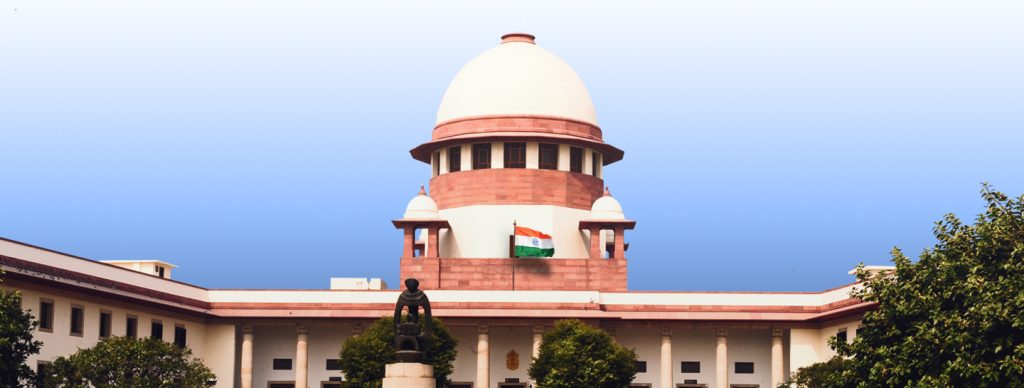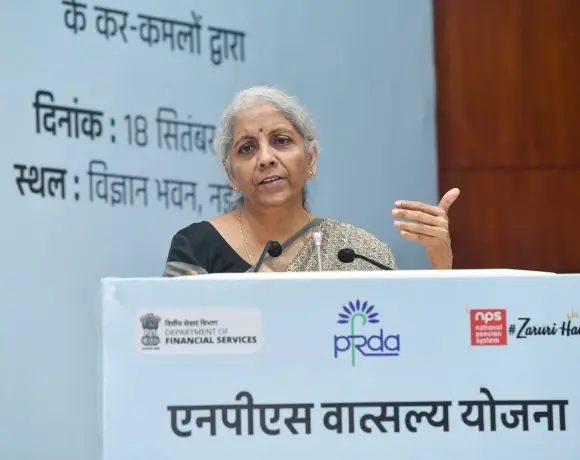
SC: Women Can Seek Maintenance from Second Husband
In a landmark decision, the Supreme Court has ruled that a woman can claim maintenance under Section 125 of the Criminal Procedure Code (CrPC) from her second husband, even if her first marriage was not legally dissolved. The Court emphasized that a formal divorce decree is not mandatory when the woman and her first husband have mutually agreed to separate. This absence of legal divorce does not prevent her from seeking maintenance from her second husband.
Case Background
The appellant married her second husband without obtaining a formal divorce from her first spouse. The second husband was aware of her existing marriage at the time of their union. The couple cohabited, had a child, and later separated due to marital disputes. The appellant sought maintenance under Section 125 CrPC, which was initially granted by the Family Court. However, the High Court later overturned the decision, citing that the second marriage was void due to the subsistence of the first.
Supreme Court’s Observations
The Supreme Court bench, comprising Justices BV Nagarathna and Satish Chandra Sharma, reversed the High Court’s ruling. The judgment, authored by Justice Sharma, stated that there is no prohibition under Section 125 CrPC for a wife to claim maintenance from her second husband, even if her first marriage remains legally undissolved. The Court noted:
“It must be borne in mind that the right to maintenance u/s. 125 CrPC is not a benefit received by a wife but rather a legal and moral duty owed by the husband.”
The Court further observed that since the second husband was aware of the appellant’s first marriage before their union, he cannot use the lack of a legal divorce as a defense to deny her maintenance.
Implications of the Ruling
This ruling reinforces the Supreme Court’s broad interpretation of Section 125 CrPC, aligning it with its social welfare objective. It establishes that the right to maintenance is a fundamental entitlement of a wife and a legal duty of the husband. The judgment provides clarity on similar cases, ensuring that technicalities in marriage dissolution do not deprive women of their right to financial support.
Conclusion
The Supreme Court’s decision is a significant step in protecting the maintenance rights of women, emphasizing that legal formalities should not obstruct their entitlement to support. This ruling sets a crucial precedent, reaffirming the judiciary’s commitment to a socially conscious interpretation of maintenance laws.


















